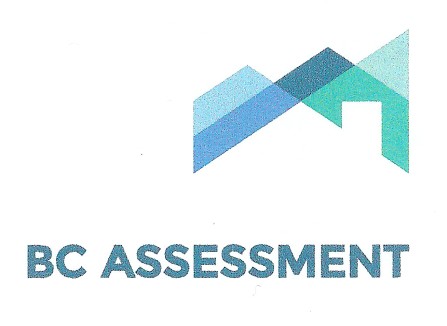Property Taxes a Hot Topic in a Hot Market
Rising property values should be good news for homeowners, who allegedly made more money from the appreciation of their properties in 2015 than by doing an honest day’s work.
But the angst among those not yet in the housing market is frequently matched by the cries of homeowners, who say a fevered market is raising their property taxes.
But do rising property values really mean higher property taxes?
How property assessments work
British Columbia property assessments are based on the assumed market value of two components, land and buildings, as of July 1 each year, so the question is timely. A seller’s market raises expectations of what a property is worth, and the pressure increases another notch when a $2-million tear-down becomes a $5 million upgrade.
BC Assessment aims to determine a fair market value for every property in the province, and a key indicator is what adjacent properties are worth. The more sales in a given area of a given property type, the better able BC Assessment is to gauge the value of similar properties in the same area.
Getting it right
But in a hot market, when every sale seems to set a new record, that can be tough to do.
That’s why BC Assessment surveys property owners from time to time. This keeps valuations in touch with reality, and helps filter our speculative influences.
It’s also why property owners need to be aware of what’s going on in the market, so that they can argue against any unreasonable increase in their assessments – that is, an increase that’s above average for the neighbourhood and the class.
An increase in assessed value that’s above the average will trigger an increase in how much one pays in property taxes. However, an increase that’s within the average for the area typically means one pays the same or even less property tax if the overall stock of properties has increased.
Why taxes increase
And there’s the issue for many owners of Vancouver Westside real estate.
The number of residential properties in the city is increasing, meaning city hall can spread the residential property tax burden over a greater number of properties. This should help keep homeowners’ tax bills in check.
But the stock of single-family detached homes is diminishing, pushing up values for those that remain – and the increases are often well beyond the average for residential properties in the city.
Add in competition for building sites, which drive up land values, and owners in predominantly single-family neighbourhoods like Point Grey and Dunbar face bigger tax bills.
Planning for changes
Knowing how the property tax process works can help you avoid an unpleasant surprise. It will also help you defend yourself against unreasonable increases. When a tax increase can’t be avoided, you might decide to make the most of your property by enhancing the space or adding a secondary suite or coach house. Sure, you’ll be adding more value, but making the most of a property is the only way to justify the taxes you’re paying for the privilege of ownership.

